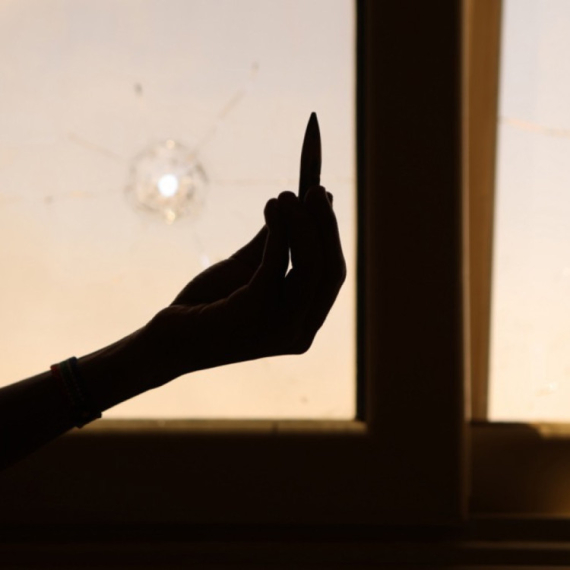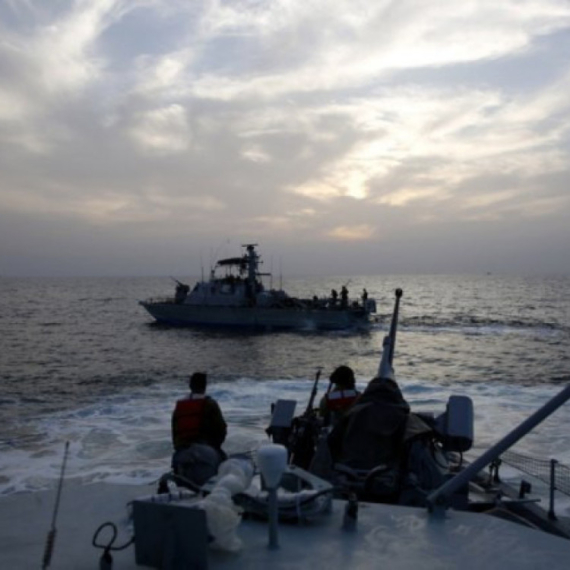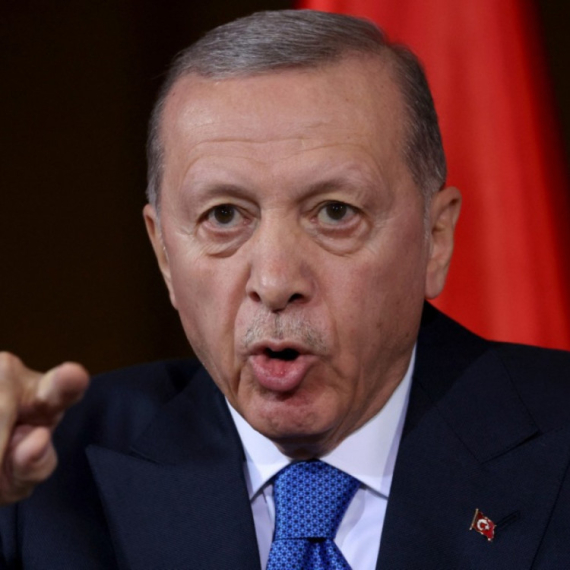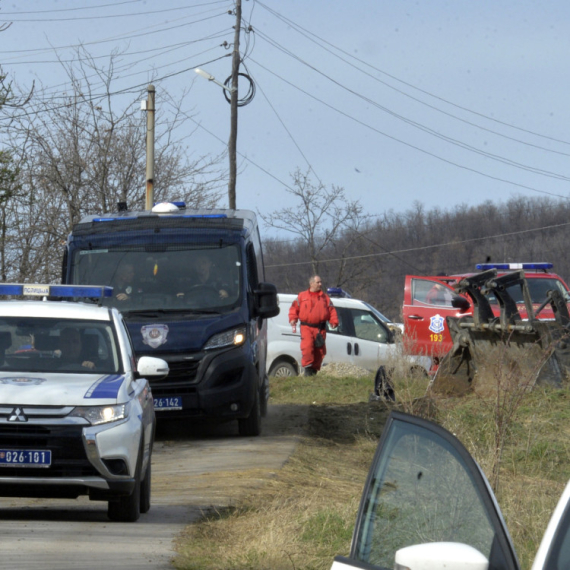Iraqis feel "nostalgia" for Saddam Hussein
10 years after the U.S. invasion, sectarian bloodshed, violence and dissatisfaction with political leaders, many Iraqis feel nostalgia for Saddam Hussein.
Tuesday, 12.03.2013.
12:40

BAGHDAD 10 years after the U.S. invasion, sectarian bloodshed, violence and dissatisfaction with political leaders, many Iraqis feel nostalgia for Saddam Hussein. Residents of Saddam's hometown of Tikrit feel affection for him even though during his regime he ordered the killing of countless Iraqis. Hut they now lack the stability that was established during his rule, reported the AFP. Iraqis feel "nostalgia" for Saddam Hussein Iraqis are unhappy with the slow reconstruction of the country, high rates of unemployment, corruption, lack of basic public services, and growing sectarian conflicts. "I'm still proud and I remember Saddam," Khaled Jamal, a vendor in Tikrit, told the news agency. Jamal said that Iraq had not changed and developed at all in the last ten years and that a big reason for frustration was the question "who is Sunni and who Shiite". "There was no sectarianism before, Sunnis and Shiites," said Jamal nostalgically recalling Saddam's regime. "But now, this is the first question when you meet someone." Hussein's position was in favor of a secular state, but he was brutal to his opponents. Hussein was responsible for the murder of tens of thousands of Kurds and about 100,000 people who participated in the rebellion against his rule after the Gulf War in 1991, and for the many other massacres. He led the expensive and costly in terms of human losses war with Iran from 1980 until 1988, invaded Kuwait in 1990, which led to the military intervention of international forces led by the U.S., followed by harsh sanctions and prohibition of trade with Iraq. The United States invaded Iraq in 2003, and Hussein was captured in 2004 and executed in 2006. However, despite this, Tikrit residents remember him with love, as a man who fought for Iraq and was the head of a country that enjoyed relative stability - something that disappeared in the brutal violence that followed the invasion and Huessein's overthrow. Tens of thousands of people have been killed in a bloody sectarian war that followed the American invasion. Coalition forces led by the United States invaded Iraq, because, as stated at the time, that country was hiding weapons of mass destruction. A few months later, the United States acknowledged that no weapons of mass destruction had been found in Iraq. Saddam Hussein and Hugo Chavez (Beta/AP, file) AFP Tanjug
Iraqis feel "nostalgia" for Saddam Hussein
Iraqis are unhappy with the slow reconstruction of the country, high rates of unemployment, corruption, lack of basic public services, and growing sectarian conflicts."I'm still proud and I remember Saddam," Khaled Jamal, a vendor in Tikrit, told the news agency.
Jamal said that Iraq had not changed and developed at all in the last ten years and that a big reason for frustration was the question "who is Sunni and who Shiite".
"There was no sectarianism before, Sunnis and Shiites," said Jamal nostalgically recalling Saddam's regime. "But now, this is the first question when you meet someone."
Hussein's position was in favor of a secular state, but he was brutal to his opponents. Hussein was responsible for the murder of tens of thousands of Kurds and about 100,000 people who participated in the rebellion against his rule after the Gulf War in 1991, and for the many other massacres.
He led the expensive and costly in terms of human losses war with Iran from 1980 until 1988, invaded Kuwait in 1990, which led to the military intervention of international forces led by the U.S., followed by harsh sanctions and prohibition of trade with Iraq.
The United States invaded Iraq in 2003, and Hussein was captured in 2004 and executed in 2006.
However, despite this, Tikrit residents remember him with love, as a man who fought for Iraq and was the head of a country that enjoyed relative stability - something that disappeared in the brutal violence that followed the invasion and Huessein's overthrow.
Tens of thousands of people have been killed in a bloody sectarian war that followed the American invasion.
Coalition forces led by the United States invaded Iraq, because, as stated at the time, that country was hiding weapons of mass destruction.
A few months later, the United States acknowledged that no weapons of mass destruction had been found in Iraq.





























Komentari 18
Pogledaj komentare